Help Wanted: Vietnamese Actors Using Fake Job Posting Campaigns to Deliver Malware and Steal Credentials
NetmanageIT OpenCTI - opencti.netmanageit.com

SUMMARY :
A group of financially motivated threat actors from Vietnam, tracked as UNC6229, is targeting individuals in the digital advertising and marketing sectors through fake job postings. They use social engineering tactics to deliver malware and phishing kits, aiming to compromise high-value corporate accounts and hijack digital advertising accounts. The attackers create fake company profiles on legitimate job platforms, luring applicants with attractive remote job openings. Once contact is established, they send malware attachments or phishing links, often abusing legitimate business and CRM platforms to appear credible. The campaign's success relies on victim-initiated contact and targets remote digital advertising workers with access to company ad accounts.
OPENCTI LABELS :
social engineering,credential theft,remote access trojans,fake job postings,digital advertising
AI COMMENTARY :
1. Help Wanted: Vietnamese Actors Using Fake Job Posting Campaigns to Deliver Malware and Steal Credentials presents a disturbing trend in which UNC6229, a financially motivated group of threat actors operating from Vietnam, exploits the digital advertising and marketing sectors. By posing as legitimate employers on well-known job platforms, these actors lure remote workers with enticing job offers, establishing contact under the guise of recruitment. Once communication is underway, malicious attachments or phishing kit links are dispatched to unsuspecting applicants. The campaign’s success hinges on victim-initiated interaction and the strategic targeting of individuals with privileged access to corporate advertising accounts.
2. UNC6229 embodies a sophisticated adversary driven by financial gain. Their operations focus on social engineering tactics designed to manipulate individuals rather than brute-force digital defenses. By crafting credible company profiles, leveraging authentic business and CRM platforms, and maintaining a veneer of legitimacy, they engender trust and lower victims’ guard. This human-centric approach enables them to circumvent technological security controls and gain direct footholds within corporate networks.
3. The primary attack vector in this campaign is the fake job posting. UNC6229 capitalizes on the burgeoning demand for remote positions in digital advertising by advertising roles with attractive salary ranges and flexible work arrangements. Once candidates respond, threat operators engage in personalized dialogues to assess technical acumen and access privileges. At opportune moments they dispatch malicious documents or links, masked as onboarding paperwork or meeting invites. These files harbor remote access trojans that, upon execution, create persistent backdoors into victims’ workstations.
4. After initial infection, the group employs credential theft and phishing schemes to escalate privileges and harvest high-value corporate credentials. By integrating phishing kits within trusted business communication channels and abusing CRM systems, they trick users into divulging login details for ad management platforms. The stolen credentials grant unauthorized access to digital advertising accounts, enabling the actors to manipulate campaigns, siphon ad spend, or deploy additional malicious payloads across the corporate ecosystem.
5. The repercussions of this campaign extend far beyond individual compromise. Hijacked advertising accounts can be leveraged to run fraudulent campaigns that deplete company budgets, damage brand reputation, and undermine customer trust. The theft of corporate credentials also opens doors to lateral movement within enterprise networks, exposing sensitive data and potentially leading to large-scale breaches. Marketing and IT teams may face steep remediation costs and lengthy recovery efforts as they seek to regain control of compromised assets.
6. Effective mitigation requires a blend of user education, process hardening, and technical controls. Organizations should train employees to verify the legitimacy of job offers and scrutinize unexpected attachments or links, even when they originate from familiar platforms. Multi-factor authentication must be enforced on all advertising and CRM accounts to limit the impact of stolen credentials. Email gateways and endpoint protection solutions should be tuned to detect remote access trojans and phishing indicators. Regular audits of account permissions and activity logs can help detect anomalies before they escalate into full-blown intrusions.
7. In an age where social engineering remains one of the most potent tools for cybercriminals, vigilance is paramount. By understanding the tactics of UNC6229 and similar financially motivated groups, security teams and remote digital advertising professionals can bolster their defenses against fake job posting campaigns. Continuous monitoring, combined with robust authentication measures and a culture of skepticism toward unsolicited recruitment offers, will help safeguard corporate advertising assets and preserve trust in the digital marketing ecosystem.
OPEN NETMANAGEIT OPENCTI REPORT LINK!
Use public read only username and password on login page.
NOTE : Use Public READ only user credentials on login page banner.
Help Wanted: Vietnamese Actors Using Fake Job Posting Campaigns to Deliver Malware and Steal Credentials


